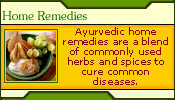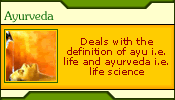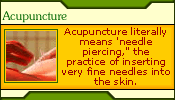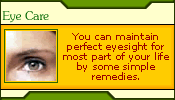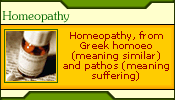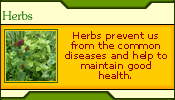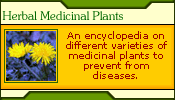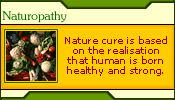|
The chief store-house of iodine in the body is the thyroid gland.
The essential thyroxine, which is secreted by this gland, is made
by the circulating iodine. Thyroxine is a wonder chemical which
controls the basic metabolism and oxygen consumption of tissues.
It increases the heart rate as well as urinary calcium excretion.
Iodine regulates the rate of energy production and body weight and
promotes proper growth. It improves mental alacrity and promotes
healthy hair, nails, skin and teeth.
The best dietary sources of iodine are kelp and other seaweeds.
Other good sources are turnip greens, garlic, watercress, pineapples,
pears, artichokes, citrus fruits, egg yolk and seafoods and fish
liver oils. The recommended dietary allowances are 130 mcg. per
day for adult males and 100 mcg. per day for adult females. An increase
to 125 mcg. per day during pregnancy and to 150 mcg. per day during
lactation has been recommended. Deficiency can cause goitre and
enlargement of the thyroid glands.
Small doses of iodine are of great value in the prevention of goitre
in areas where it is endemic and are of value in treatments, at
least in the early stages. Larger doses have a temporary value in
the preparation of patients with hyperthyroidism for surgical operation.
Iodine in our food is dependant on the iodine found in the ground
where the food is grown, in the food the animals receive, as it
influences the iodine content in the meat and eggs we consume.
Iodine is required for
Iodine is used in the production of hormones (such as thyroxine,
thyroxin) by the thyroid gland, which in turn regulates the conversion
of fat to energy, stabilizing our body weight as well as controlling
our cholesterol levels.
These hormones produced from the iodine are also needed to help
form our bones, as well as keeping our skin, nails, hair and teeth
in prime condition.
Some indication also exists that iodine is helpful in preventing
cancer of the breast and womb.
Deficiency
Iodine is not stored in the body, but various items in our diet
do supply iodine, so a shortage does not happen overnight.
When iodine is deficient the thyroid gland enlarges (referred to
as a goiter) to maximize the amount of iodine to be extracted from
the blood, and if this problem is not corrected, a shortage of this
hormone in the body may lead to constipation, obesity, weakness,
mental slowness as well as mental problems.
Goiter is not always the cause of iodine deficiency, but can in
some cases be caused certain micro-organisms.
Iodine is also thought to help protect the thyroid from the effects
of radiation, and the Polish government handed out iodine tablets
to their population after the explosion at Chernobyl.
Dosage
The dosage is the Recommended Daily Allowance (RDA), but be aware
that this dosage is the minimum that you require per day, to ward
off serious deficiency of this particular nutrient. In the therapeutic
use of this nutrient, the dosage is usually increased considerably,
but the toxicity level must be kept in mind.
In the case of microelements, such as trace elements, the amounts
are very small, yet they are still important and 150 micrograms
per day is indicated as dosage.
Toxicity and symptoms of high iodine intake
Although too low levels of iodine can cause a goiter, so too can
too high intake of iodine
Best used with
Iodine is rapidly eliminated from the body, so high intake or toxicity
is not very likely, but if your diet is supplement with too much
kelp or iodine you could have problems with acne or skin rashes.
When more may be required
When iodine in the soil is very low, or if very little seafood
is consumed a person may want to check their iodine intake, or when
breast feeding or pregnant as well as being on a sea-salt restricted
diet.
Other interesting points
If you have an under-active thyroid try and avoid large amounts
of raw cabbage, peaches, pears, spinach and Brussels sprouts as
they may block the absorption of iodine.
Food sources
Iodine is found in eggs, milk, sea fish and sea food, sea vegetables
- such as kelp, asparagus etc.
|





